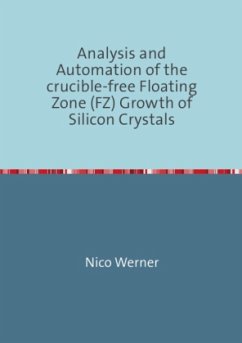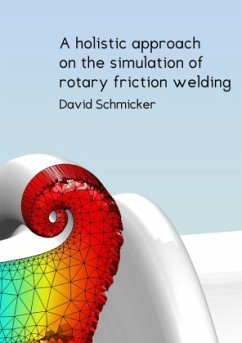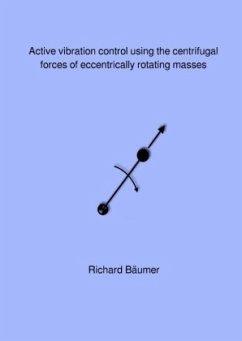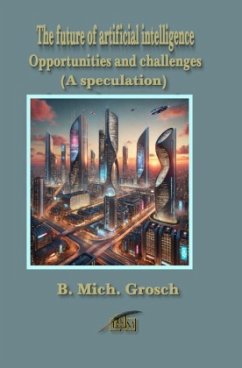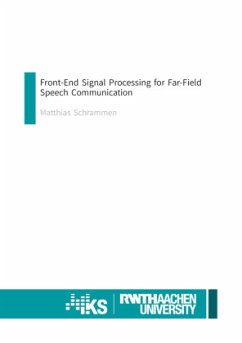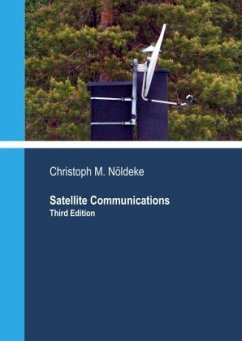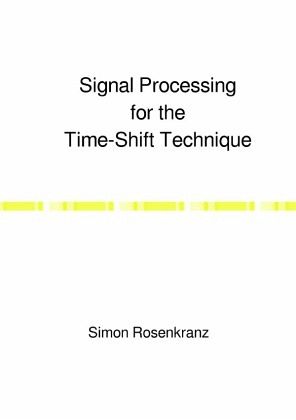
Signal Processing for the Time-Shift Technique
Dissertationsschrift
Versandkostenfrei!
Versandfertig in 6-10 Tagen
129,99 €
inkl. MwSt.

PAYBACK Punkte
0 °P sammeln!
Characterizing drops in a spray process is of high interest in many areas, such as car painting or spray drying. The time-shift technique provides an efficient and accurate way to optically measure size and velocity of individual droplets in sprays. Additionally, colloidal drops, such as suspensions, dispersions, emulsions, are widespread in the process industry, but are difficult to characterize in terms of size, velocity and concentration of particulate matter in the drop. This study covers the signal processing of time series data, measured by the time-shift technique for drop characterizat...
Characterizing drops in a spray process is of high interest in many areas, such as car painting or spray drying. The time-shift technique provides an efficient and accurate way to optically measure size and velocity of individual droplets in sprays. Additionally, colloidal drops, such as suspensions, dispersions, emulsions, are widespread in the process industry, but are difficult to characterize in terms of size, velocity and concentration of particulate matter in the drop. This study covers the signal processing of time series data, measured by the time-shift technique for drop characterization.A filtering concept is presented for the detection of drops within the time series data. To overcome the costs of a large filter bank, a single filter is derived that can be used for detection of droplets. Moreover, the extension of the time-shift technique to measure the colloidal concentration within a drop is investigated. A numerical model based on ray tracing is developed, incorporating interactions with randomly placed monodispersed scattering centers within the spherical drop. Comparison of the modeled and received signals exhibits very good agreement, confirming the possibility of measuring the colloidal concentration in drops using the time-shift technique.



